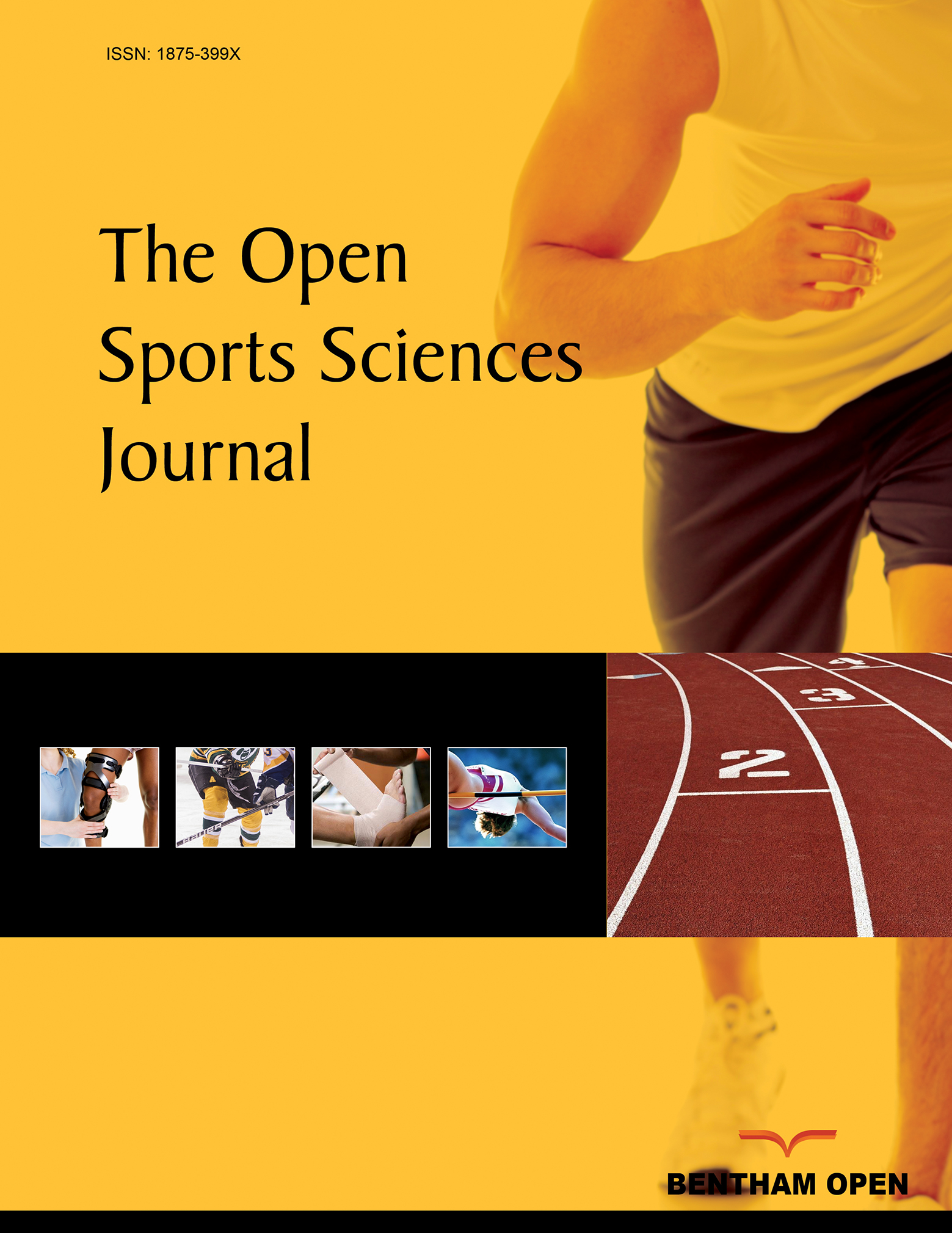Attitudes towards LGBTQ+ Inclusion in Canadian Figure Skating
Abstract
Background:
As part of an examination of the current climate regarding gender and sexual diversity in figure skating, this paper reports on a 2019 pilot study examining the attitudes of athletes, coaches, officials, and administrators at Skate Canada (the national figure skating organization).
Objectives:
To describe attitudes towards LGBTQ+ inclusion in figure skating; to assess whether attitudes vary by gender, sexual identity, or level of participation in skating; and to examine the impact of contact with LGBTQ+ people on attitudes towards inclusion.
Methods:
We conducted an online survey of 106 Skate Canada members in 2019, including attitudinal, demographic, and inter-group contact questions. We employed factor analysis to summarize the attitudinal questions, and multiple regression analyses to examine the effects of demographic and contact variables on attitudes.
Results:
Four main factors emerged, reflecting a continuum of passive to active support for diversity and inclusion in skating. Although all respondents’ attitudes toward LGBTQ+ inclusion in figure skating were mostly positive, athletes and coaches were significantly less likely to believe that skating is an inclusive environment than volunteers and officials. Additionally, those who identified as gender and/or sexually diverse scored significantly higher on the personal advocacy factor. In the multiple regression analyses, more frequent contact with LGBTQ+ individuals was associated with significant increases in both passive and active support for inclusion.
Conclusion:
Gender and sexually diverse respondents, and those with more frequent contact with LGBTQ+ individuals, demonstrated higher levels of both active and passive support for inclusion in Canadian figure skating. We recommend that sports organizations should conduct ongoing attitudinal surveys of their membership to monitor progress towards LGBTQ+ inclusion, and should remain attuned to the unique experiences of LGBTQ+ athletes and coaches.


